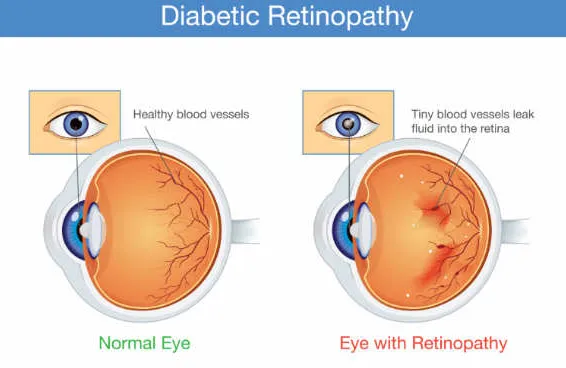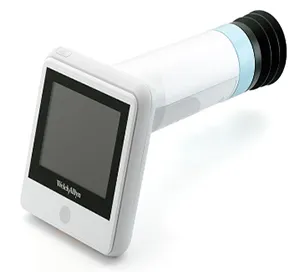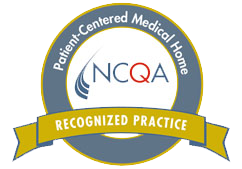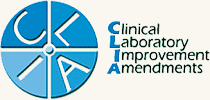What is care management:
Our care management department consists of three RN’s that are dedicated to the care of the high- risk patients in the practice. Patients that have multiple medical conditions are at a greater risk for complications and hospitalizations. The RN care manager’s role is to work with patients to develop the skills needed to manage their chronic health conditions. The goal is to help patients improve their health conditions, develop care plans, and provide patients with a better understanding of their health conditions. The RN care manager works closely with your Primary care provider and is a valuable resource in helping address a variety of health concerns and issues. The RN care manager can also assist patients with services in the home to help them maintain the independence.
Who is eligible for care management?
Your primary care provider will refer patients that they feel can benefit from additional support and resources. Patients that have a recent admission to the hospital will also be enrolled in short term case management while they are recovering from the recent illness. Once the referral has been made to the case management department one of our three case managers will contact the patient to conduct an intake call and explain the programs goals. The case manager will with your primary care provider to develop and implement ongoing treatment plans that are specific to the individual patient.
What will the care manager do?
- The care manager will contact the patient to learn more about the patients’ health status
- The care manager will be a resource to patients when they have been discharged from the hospital or skilled nursing facility. The RN care manager will conduct a comprehensive medication reconciliation post discharge from the hospital to ensure that the patients are on the correct medications, as well as address any barriers that the patient is experiencing related to their medications and treatment plan.
- Contact the patient within 24 hours of discharge to ensure that proper follow up appointments have been made and address any questions or concerns that the patient may have at the time of discharge.
- Provide education related to life style modification such as diet, exercise, smoking cessation and in-home monitoring of chronic conditions.
- Help patients gain access to necessary home care services and durable medical equipment such as walker, wheelchairs and hospital beds.
- Assist patients with arranging transportation and follow up appointments.
Services offered by care management department:
- Diabetes education and self-management training
- Diabetes retinal eye exams
- Medication reconciliation
- Post discharge follow up phone calls
- Arranging homecare services
- Hypertension education
- COPD education
- Routine calls to monitor patient’s health
- Follow up on preventive screenings.
- Assisting patients with resources to overcome barriers to care.
- Develop patient care plans
- Help patient set goals for better help.
- Provide obesity education
- Help patients with Advanced Care planning.
Diabetic Eye Exams
Diabetic patients have an increased risk of damage to the blood vessels in their eyes that can lead to blindness if untreated. As such, annual eye exams to detect retinopathy are essential in preventing vision loss.
The registered nurses in the care management department have been trained in administering diabetic eye exams using the Retinavue 100 camera. This camera takes pictures of your retina that are then uploaded and sent to a Board-Certified Ophthalmologist for interpretation. The procedure is simple and can be done in the office during your appointment. You will be placed in a dark room to dilate your eyes and if necessary, eye drops may be applied. The nurse will then scan your eyes with the Retinavue and upload the images. You will be contacted with the results, and if any abnormalities are detected, then a referral will be made to your ophthalmologist.
As a courtesy, we will contact your insurance carrier prior to the test and advise you of your coverage for the exam.
Diabetic Retinopathy
Retinopathy:
The are approximately 425 million people are the world living with diabetes. The number is expected to continue to grow in the coming years. 80% of the people living with diabetes will eventually develop some stage of retinopathy. The longer the person lives with diabetes the more likely they are to develop the condition.
What is Diabetic retinopathy?
Diabetic retinopathy is a complication of diabetes that can cause vision loss and even blindness. It occurs as a result of high blood sugars that damage the tiny blood vessels in the retina, causing them to leak or hemorrhage, ultimately distorting vision once it progresses to several layers. There are typically no signs at the early stages, once symptoms appear the patient may notice Blurred vision, Halos around lights, loss of central and color vision and floaters.

Early detection is critical
Diabetics should receive an annual retina eye exam to ensure early detection of developing problems. The office has the Retinavue machine to conduct in office retinal eye exams to ensure early detection and proper follow up care for the diabetic patients. The Retinavue is a camera that takes picture of the retina that are sent to a licensed ophthalmologist for review.

What can you do?
95% of vision loss cases are preventable with early detection and treatment. Diabetic patients can help manage their disease by taking steps such as,
- Receiving annual comprehensive retinal eye exam
- Taking prescribed medications
- Avoiding smoking
- Managing blood pressure and cholesterol
- Focus on healthy eating habits
- Getting regular exercise
- Maintaining a healthy weight
Advanced Care Management
Advanced Care Planning
Advanced care planning is a process in which a patient and their health care provider can discuss the patient's wishes in advance of a life-threatening condition that leaves the patient unable to make their wishes known. Ideally, this process should take place prior to becoming sick. The goal of this process is to leave clear instructions ahead of time that ensures that your values and beliefs are respected during a medical crisis or end-of-life care.
Advanced Care Directives
Advanced care directives are legal documents that express your wishes to your loved ones and health care providers in the event that you are unable to speak for yourself.
Examples of Advanced Care Directives:
- Living Will
- Health Care Proxy
- MOLST (Medical Orders for Life Sustaining Treatment)
- DNR (Do not resuscitate)
How can patients do advanced care planning:
The health care providers here at the practice are available to discuss your options and assist you in obtaining the proper paperwork to complete advanced care planning and will assist you by answering any questions you may have. All you as the patient has to do to start the process is to ask your health care provider and they will ensure you have the tools needed to complete your advanced care planning process.





